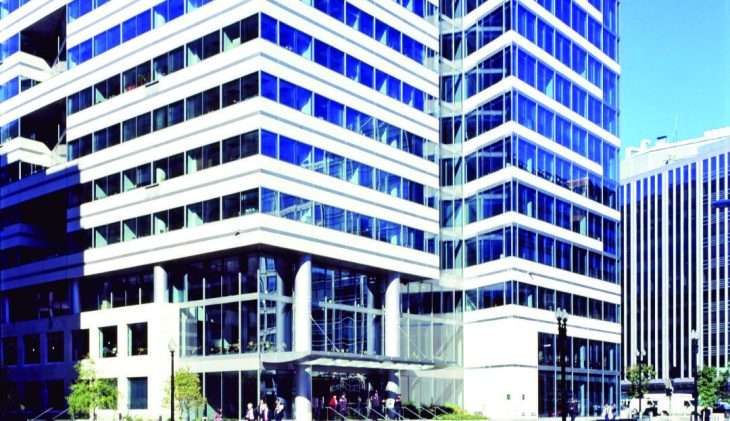
Navigating Malawi’s Fiscal Crossroads: Strategies for Mitigating Debt Risk and Fostering Economic Resilience
Key Business Points
- Urgent reforms are needed to prevent low-income countries like Malawi from being trapped in a prolonged financial crisis due to rising global debt, with the World Bank warning that persistently high debt could stall economic progress and trigger financial crises.
- Excessive domestic borrowing is choking private sector investment, and governments must curb this to allow for growth, with structural reforms to foster private sector development crucial for broadening the tax base and creating jobs.
- Debt relief or cancellation may be necessary for Malawi to achieve a sustainable debt-to-GDP ratio, with enhancing domestic revenue mobilisation and improving public financial management also key to addressing the country’s public debt crisis.
The World Bank has sounded the alarm on the looming global debt disaster, warning that rising global debt poses a significant threat to low-income countries like Malawi. According to World Bank Chief Economist Indermit Gill, total global debt has increased by nearly 25 percent since the Covid pandemic, with developing countries accumulating debt at an average rate of 6 percentage points of GDP annually. This rapid debt accumulation is choking private sector investment and threatening to trap countries in a prolonged financial crisis.
In Malawi, the public debt-to-GDP ratio stands at an alarming 93 percent, with 42 percent of government revenue spent on debt servicing. Economist Velli Nyirongo notes that achieving the recommended debt-to-GDP ratio of 40 percent will be a formidable challenge without substantial debt relief or cancellation. To address this, Nyirongo recommends enhancing domestic revenue mobilisation, improving public financial management, and prioritising expenditure towards growth-enhancing sectors such as education, health, and infrastructure.
The World Bank also notes that the recent debt surge is worsened by the fastest rise in interest rates in 40 years, making it difficult for countries to meet their repayment obligations. As a result, countries are slashing investment in vital sectors, which could have long-term consequences for economic growth and development. In Malawi, this could exacerbate the country’s structural barriers, including chronic aid dependency and fiscal fragility, which are already hindering economic progress.
To overcome these challenges, it is essential for Malawi to mobilise domestic revenue, manage public finances effectively, and prioritise expenditure towards sectors that can drive economic growth. As Economics Association of Malawi president Bertha Bangara Chikadza notes, the country must also foster private sector development and attract investment to broaden the tax base and create jobs. By taking these steps, Malawi can mitigate the risks associated with high debt levels and create a more sustainable economic future. With the global economic growth projection revised downward to 2.2 percent, it is crucial for Malawi’s business community to be aware of these key business points and take action to enhance their businesses and contribute to the country’s economic growth.
What are your thoughts on this business development? Share your insights and remember to follow us on Facebook and Twitter for the latest Malawi business news and opportunities. Visit us daily for comprehensive coverage of Malawi’s business landscape.
- Malawi’s K1.2tn Gold Smuggling Scourge: A Threat to Business Growth and Economic Stability - February 1, 2026
- Revitalizing Malawi’s Economy: Lower Food Prices Signal New Growth Opportunities - January 31, 2026
- Revitalizing Malawi’s Economy: Tackling Climate Related Underfunding for Sustainable Growth - January 30, 2026
